#the merchant of venice
Text
obsessed with tragedies that were almost comedies and comedies that were almost tragedies and comedies in which the happy ending is actually tragic
#romeo and juliet#much ado about nothing#much ado#honestly so many plays could apply to the last one#uhhhhh#taming of the shrew#the taming of the shrew#a midsummer night's dream#twelfth night#shakespeare#willy shakes#measure for measure#merchant of venice#the merchant of venice#troilus and cressida
3K notes
·
View notes
Text
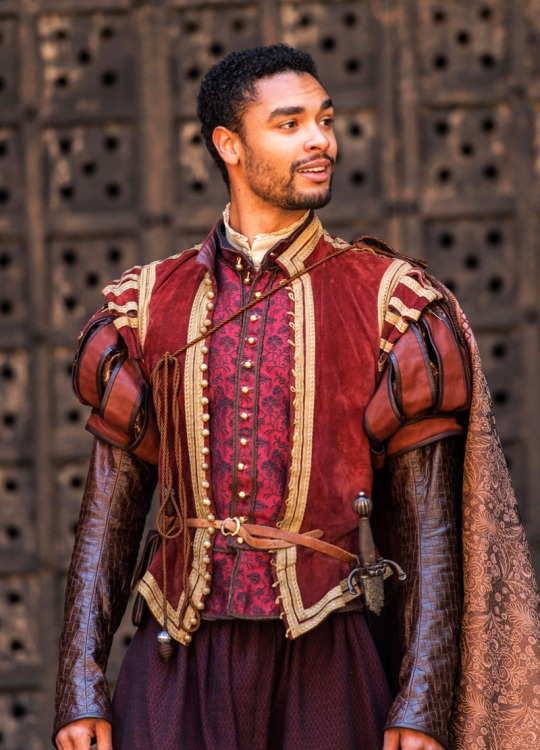
Regé-Jean Page as Solanio in the stage production of The Merchant of Venice (Shakespeare's Globe Theatre, 2015).
480 notes
·
View notes
Text
Crazy to think that if Shakespeare wrote any of his plays today he would instantly be cancelled by the left and accused of woke propaganda by the right
#shakespeare#literature#literature memes#idk#funny#romeo and juliet#othello#hamlet#the merchant of venice#much ado about nothing
229 notes
·
View notes
Text
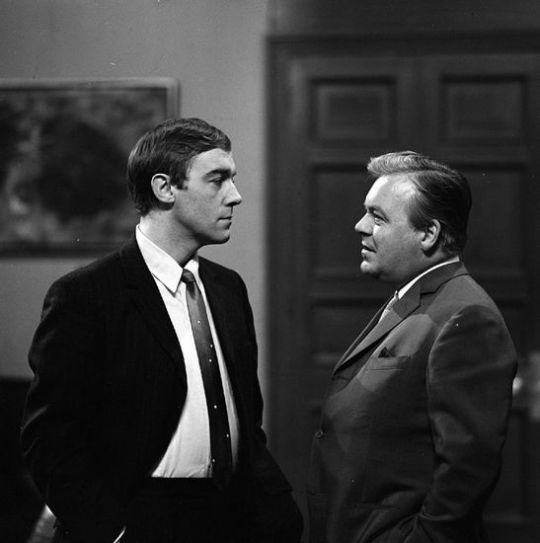
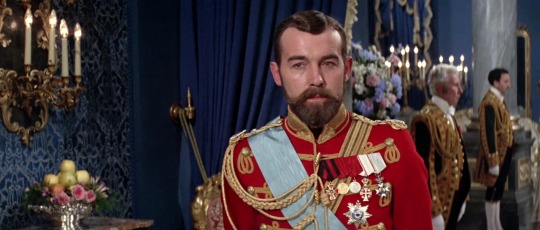


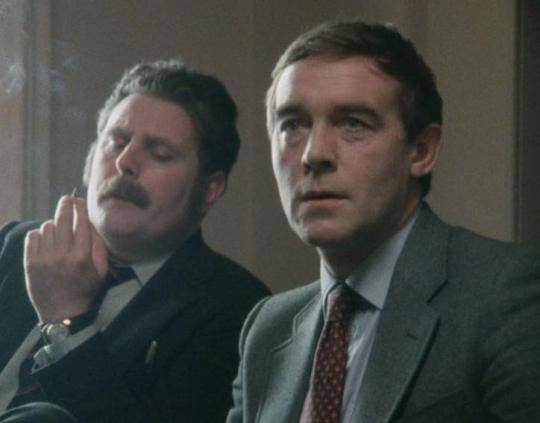
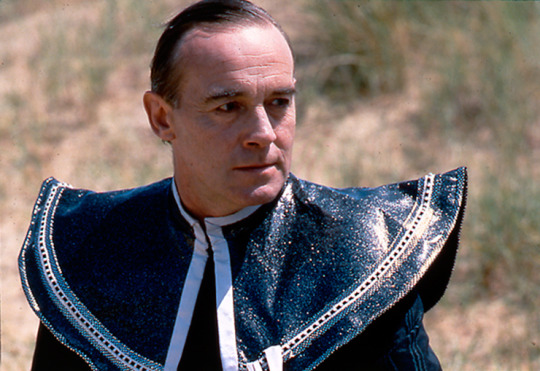
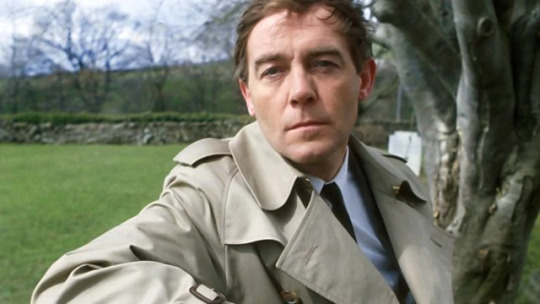
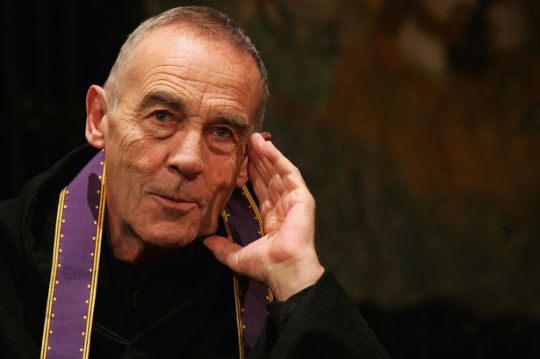

RIP Michael Jayston (29.10.1935 - 5.2.2024)
"Well, I played a lot of interesting people. I was Siegfried Sassoon in ‘Mad Jack’, and played Beethoven and Rochester in Jane Eyre amongst others. When I did Equus in 1976, a critic described my work on television as ‘odd bits of TV’, but these are no small parts for an actor."
#michael jayston#rip#death ment tw#character actors#lincoln dowling#the valeyard#doctor who#classic doctor who#the power game#callan#cromwell#nicholas and alexandra#ufo#thriller#the edwardians#the merchant of venice#jane eyre#the homecoming#craze#tales that witness madness#quiller#tinker tailor soldier spy#ladykillers#tales of the unexpected#jack the ripper#:( another icon of old tv gone#a peerless icy villain but just as adept as stiff backed official types or smarmy leerers. the valeyard got him dw immortality but there#was so much more to his career (not least the wonderful Lincoln Dowling in TPG). i always try and rec a lesser known role when an actor#passes but for once there's too many; his Ladykillers ep as real murderer Frederick Seddon is a beautifully realised study of a twisted and#confused amorality; his Edwardians ep as Henry Royce is genuinely very moving; and The Homecoming is nothing short of a masterpiece
92 notes
·
View notes
Text
“Yeah, I mean, in 2018 was the first Shakespeare and race festival that I curated at the Globe. And at that time, there was less vitriol, but it was more like, why are we talking about Shakespeare and race? Shakespeare's got nothing to do with race.
So that led me to thinking about writing this book. But it was in 2020, when I launched the anti-racist Shakespeare webinars, that there was a horrible backlash, very racist backlash. And my own ethnic origins were brought into the conversation.
Oh, she's a woman of color. That's why she's talking about race. And actually, I had been at the Globe for 17 years by that point, you know?
And so that backlash is about ownership. It's about people feeling that something is being taken away from them.
And after the Black Lives movement, Black Lives Matter movement went global, and organizations like museums and galleries and theaters started to take it seriously, that's when you started to see a really racist backlash against any kind of progressive movement, whether it's in a theater or a museum. And I certainly had to face that in 2020.
I was a little bit worried about it, probably more so in the UK, because I think in the UK there's a special sense of ownership of Shakespeare in the way that there isn't in the US. So I'm American, but I'm also a Pakistani. And so I think it was really, it's a double whammy for the British.
Whereas in America, I feel like I was less worried because Americans don't mind other Americans talking about Shakespeare. So I was in the UK, concerned about that. But I think it obviously didn't stop me because what I'm trying to do is keep Shakespeare around.
And I'm explicitly not advocating canceling Shakespeare. And I think that's what they all thought I was doing when I was running those webinars.
So Shakespeare sets Othello in 16th century Venice, which was a very multicultural society because Venice was a sort of trading giant in this time period. So it was really financially lucrative for them to have people from all backgrounds working and living in Venice. And so it's about a Black African, known as a Moor in that time period, who was the captain of the Venetian army.
And it starts with another member of the army sort of screaming and shouting outside the door or window of a fellow's now father-in-law saying that, basically shouting a lot of racist epithets about how his daughter, his white daughter, has married a Black man. And she's done so without her father's consent. So it starts with this idea of there's been some sort of violation.
A Black man has married a white woman, and this is a problem.
So it ends up at the court of the Duke who is dealing with other issues because the Turks are now circling around their outpost in Cyprus, and they need Othello to do some work for them and to fight off the Turks. So the Duke says, oh, look, it's okay. It's fine. You know, Othello is a great guy. We've all worked with him. We know him really well.
And that's when the line comes out: He is far more fair than Black.
And what he's saying there is that essentially, look, he doesn't act Black. He acts white. He acts like us. So let's just be okay with this.
And so what you have there is a situation in which somebody who has kind of violated a kind of racial code in Venetian society is given a pass because he's very useful to that society. What happens in the rest of the play is that lago works on him and tries to convince him that his wife is having an affair with his lieutenant.
And unfortunately, Othello believes him, and they plot to murder Desdemona, and they do. He does. And it's a heartbreaking, heart-wrenching play.
And what's difficult about it is that it seems to fulfill stereotypes about Black men and Black masculinity. So it's always been a bit of a problem to stage. So yeah, it's a fantastic play, though.
It's a real sort of exploration of interracial relationships in a white-dominant society.
Yeah, I think it's harder in classrooms. And that's something that I actually been thinking about how to address a colleague of mine, and I've been discussing it. Because a lot of teachers, especially white teachers, aren't necessarily equipped to have a conversation about race that isn't going to make all the students in the room feel objectified or uncomfortable.
And so what I'm trying to, what I also get at the book is about discomfort, being able to lean into the discomfort of having conversations. And Shakespeare, for him, he was an advocate of discomfort. You were not comfortable when you went to see a Shakespearean tragedy.
He didn't want you to be.
And so we should try and be comfortable in the classroom. And there are productions who have tried very hard to lean into the racial tension and angst in the play.
But often it can be unsuccessful, particularly if it's a white director that sees too much optimism in the play. And says, oh, this play really, it's not about race. It's about redemption of characters who've been singled out for some reason.
I'm like, well, the reason is race.
My goal was always to show how it rears its head, even in the moments that are the most unexpected or that seems innocuous.
But what is interesting is that in a lot of his comedies, he's using anti-Black racism as a source of humor. And, you know, that would have made people laugh, some of the comments that you hear in some of his most delightful comedies. And because the racism isn't the undercurrent of the play, that it's easy to miss it.
So you'll just get all of a sudden a comment like Much Ado About Nothing, where the character Benedict is talking with his friend Claudio about a woman that Claudio has a crush on. And he says, oh, she's too brown for a fair praise. And that would have made people laugh.
What he's saying is that she's not attractive enough to praise her, and fair in that time was a very elite form of whiteness. It meant beautiful and virtuous and white with a luster or a shine, and that shine is the virtue of a woman. And no woman of color could ever achieve that, because she's not white enough.
So he's saying that this woman is too brown, even if she's not brown, but he's using brown as a way of denigrating people of color.
But I think Shakespeare is still valuable for us because of the contemporary nature of some of the issues that he raises in his plays.
I mean, there's a great speech in Midsummer Night's Dream where he talks about the destruction of the planet because of the way people are behaving towards each other. And the powerful resonance of that today just is unmissable. So Shakespeare is able to articulate or help you to think about questions that are so urgent in your own moment.
I think other writers need to be brought into dialogue with Shakespeare. If you teach Othello, teach Toni Morrison's Desdemona, right?
It's incredibly lucrative intellectually and emotionally to keep Shakespeare in the curriculum.”
—Farah Karim Cooper: Director of Education at Shakespeare's Globe Theatre, and author of The Great White Bard, How to Love Shakespeare While Talking About Race
#shakespeare#farah karim cooper#othello#racism#ingrained racism#casual racism#writing#much ado about nothing#colorism#the merchant of venice#anti blackness#desdemona#blacklivesmatter#theatre
58 notes
·
View notes
Text
I had to read the Merchant of Venice this weekend for my college English class and it struck me just home much of the rhetoric around the character of Shylock is the same as the stuff people are saying right now.
It’s not surprising, it’s not unexpected, but seeing something written so long ago have the same things people are writing on the internet today is certainly unsettling.
Now, there is of course discourse around Shakespeare’s true intentions with Merchant. It’s possible it is a criticism of the attitudes towards Jews present at the time, it’s also possible that it represents the believes he himself held, and it is possible that there truth lies somewhere in the middle. Regardless, the attitudes and language used in the play are representative of the time.
The Jewish character is a villain quite simply because he is a Jew. He is constantly called a dog or a cur, bloodthirsty, and is likened to the devil These are words things you can see and hear in current antisemitic rhetoric.
It has just struck me that society has not advanced their views or understanding of Jews since the renaissance.
We are going to be discussing the antisemitism of the play in class on Wednesday, and I am very interested to see if my classmates will be able to identify that this is not an attitude from the past but rather hatred that many of them are actively participating in right now.
69 notes
·
View notes
Text
The Woman's Part
Sooo hey. I finally did something with my Shakespeare MA...
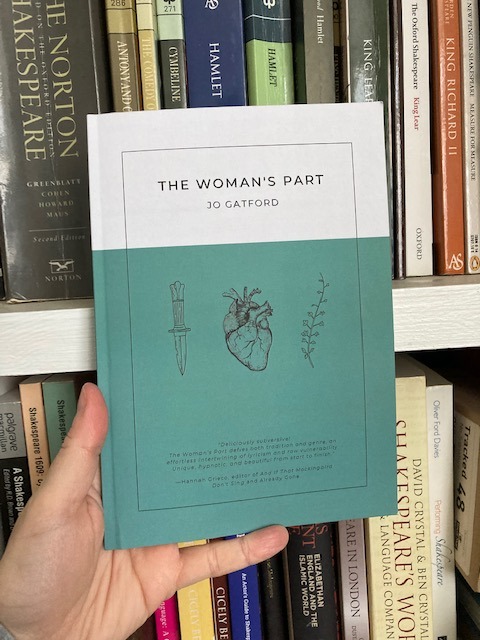

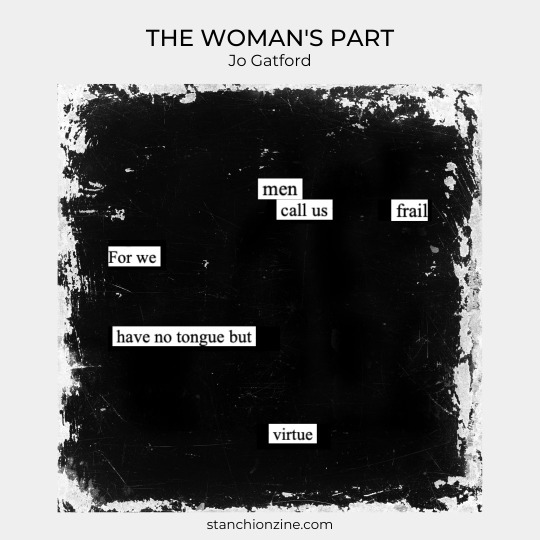
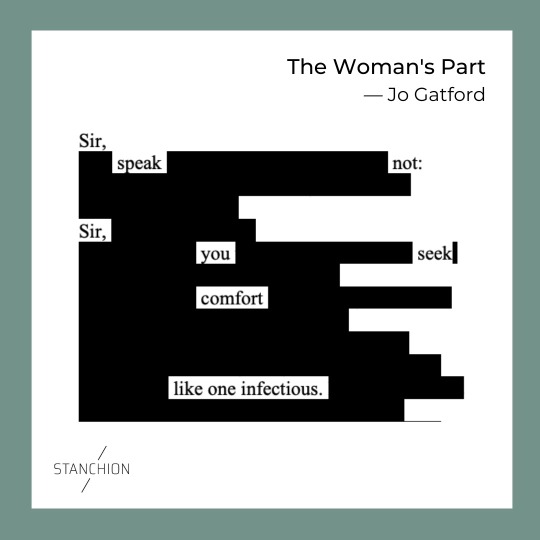
The Woman's Part is a collection of original prose and erasure poetry inspired by Shakespeare's women — their unlived lives, unspoken desires, and unwritten stories — using speeches and characters from thirteen plays.
It's been described as:
"A small piece of genius [showing] not only a profound understanding of Shakespeare, but of humankind in general."
— Cathy Ulrich, author of Ghosts of You
and
"[The Woman's Part] has reimagined Ophelia and Juliet and more into striking freedom through speaking up, sailing away, and eating hearts."
— Gwen Kirby, author of Shit Cassandra Saw
and
"To read it is to join the rebellion. An affecting and finely-crafted masterpiece which invites us to unlearn our deepest Bard-based archetypes. Stunning, incisive and fearless writing from one of the most exciting new voices on the literary scene."
— Dr Chris Laoutaris, The Shakespeare Institute
~
I put my heart, my rage, and all my obsession with Shakespeare into this, and I would love for you to read it.
Available from most places you get books — a list of easy links at Stanchion Books
#shakespeare#Portia#The Merchant of Venice#Ophelia#Hamlet#Juliet#Romeo & Juliet#Lady Macbeth#Macbeth#Emilia#Othello#Beatrice#Much Ado About Nothing#Hermione#The Winter's Tale#Lavinia#Titus Andronicus#Volumnia#Coriolanus#Cordelia#King Lear#Isabella#Measure for Measure#Cleopatra#Antony & Cleopatra#Imogen#Cymbeline#feminism#feminist literature#feminist poetry
408 notes
·
View notes
Text
Phil’s theater work in the 90s <3
#that’s my boyfriend :)#philip seymour hoffman#psh#*#the fifteen minute hamlet#the merchant of venice#queen latina and the power posse versus the evils of society#true west#video#this song has. a lot of good memories wrapped up in it. bc of him
35 notes
·
View notes
Text
shout out to all the homosexual Shakespeare characters with their very bisexual love interest who leaves them for a heterosexual relationship. I swear there’s one in every comedy
#theater#shakespeare discorse#shakespeare#twelfth night#the merchant of venice#a midsummer night's dream#fuck it they’re in the histories and tragedies too#hamlet#julius caesar
33 notes
·
View notes
Text
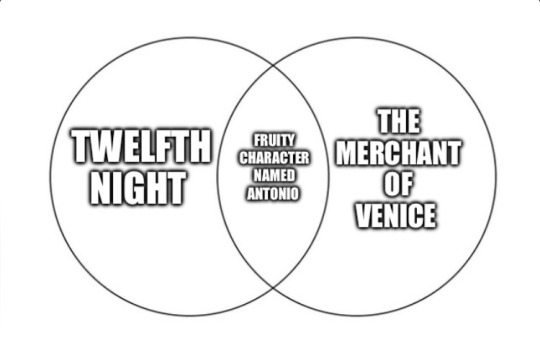
I did a thing. I have consumed so much Shakespeare in these past couple of months
#shakespeare#william shakespeare#twelfth night#the merchant of venice#antonio#literature#meme#literature memes
77 notes
·
View notes
Text

Al Pacino, 2004 👌😊
48 notes
·
View notes
Text
Tell me why in the tags!!
(p.s. I really wanted to put Claudius, Don John, and Regan and Goneril on here, but no space. So if you vote for one of them put it in the tags and please know they were in my heart.)
#CASSIUS IS NOT AN ANTAGONIST. TO ME.#i was like i want cassius to be included but do people even really think he's an antagonist?#so i looked up 'shakespeare antagonists' and he was right there. wtf guys#BUT. idk if he is the Most Sympathetic of all these people...#time for so many tags#the merchant of venice#twelfth night#the tempest#king lear#macbeth#the merry wives of windsor#coriolanus#othello#julius caesar#romeo and juliet#titus andronicus
31 notes
·
View notes
Text
William: I've got a new play.
Crew: what's it about?
William: it's a comedy!
Crew: finally... So what is the main plot?
William: a man's desire to rip out another man's heart.
Crew : William... NOOO.
#shakespeare#william shakespere#merchant of venice#the merchant of venice#Shakespeare comedies#literature#classic#theatre
31 notes
·
View notes
Text
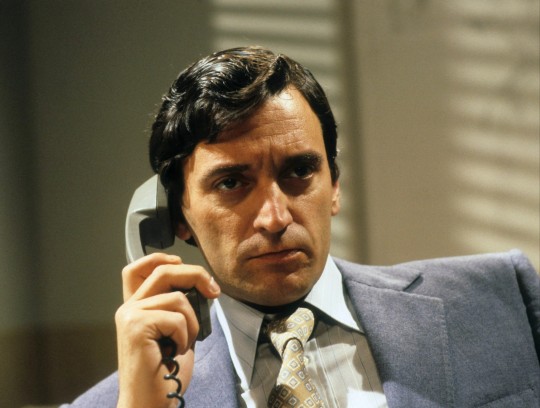
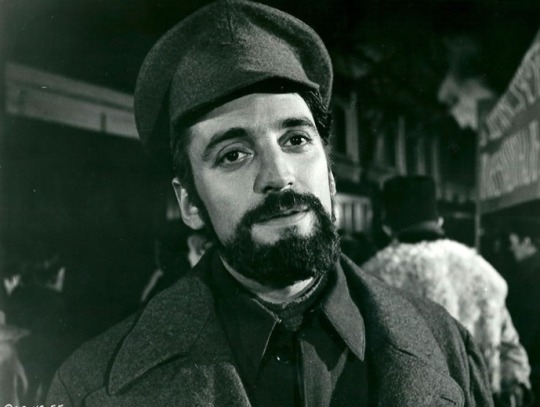
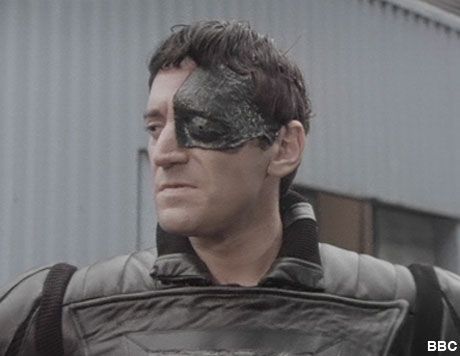
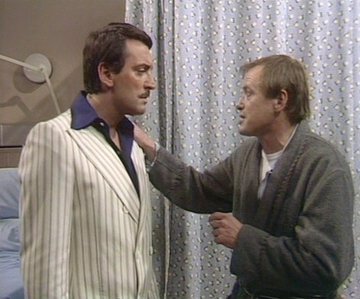
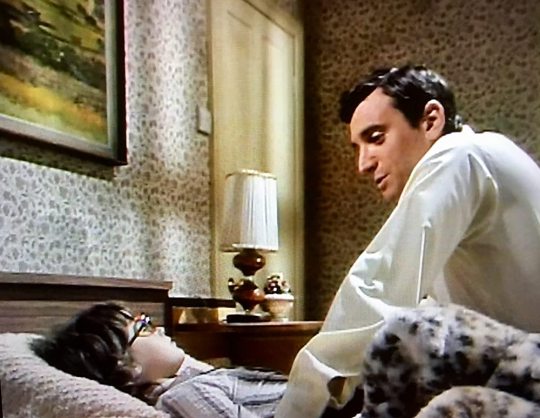


RIP Stephen Greif (26.8.1944 - 23.12.2022)
"I think [Blake's 7] was character-driven, and that’s really what counts in the end. The fact that the effects were fairly – you know – not slick in the way that Star Wars was…but then they had a hundred times more budget than we did, and rightly so. That doesn’t really come into it. It’s the stories, really, and the interrelation of characters which I think always interests people.
Oh I loved it. I loved every minute of it. I loved it because of the people. We all became great friends and we all wanted it to work. We all worked very hard on it. The director was great, the producer was a good guy, and yes, I loved it. It was good fun."
#stephen greif#rip#death ment tw#blakes 7#blake's 7#travis i#armchair thriller#rachel in danger#special branch#citizen smith#the persuaders!#the merchant of venice#the protectors#treasure island#dixon of dock green#thriller#the new avengers#spaghetti two step#the sandbaggers#return of the saint#and so the b7 family gets a little smaller once again :( and so soon after chris boucher#stephen was a superb villain in b7 and a consummate character actor across various old tv guest spots#but he was also a stage actor of subtlety and range‚ and spent several years with the National Theatre#working with Olivier and Peter Hall and all manner of theatre legends across his long and distinguished stage career#i usually try and rec something lesser known in these posts but Travis really is such a wonderful performance#i would say that his comic turn in Jack Rosenthal's Spaghetti Two Step is something very wonderful and deserves to be more widely seen#rip stephen <3
200 notes
·
View notes
Text
אני יהודי. הלא ליהודי עיניים? הלא ליהודי ידיים, איברים, חושים, ידידות, תשוקות? אוכלים מאותו אוכל, פגועים מאותו נשקים, חולים מאותו מחלות, מחממים ומקוררים מאותו חורף וקיץ כנצרי? אם אתם דוקרים בנו, האנו לא מדממים? אם אתם מדגדגים אותנו, האנו לא צוחקים? אם אתם מרעילים אותנו, האנו לא מתים? ואם אתם לא בוגדים בנו, האנו לא נקמים? ואם אנו כמוכם בשאר, נהיה דומים בכם בזאת.
#personal#the merchant of venice#Hebrew translation by me#yes the language is supposed to be archaic to mimic the archaic language used by Shakespeare
38 notes
·
View notes
Text
One of my favourite things about watching Shakespeare plays live is seeing people realise how fucking funny they are and always were. Yes every production handles the comedy in its own way, but there's no special staging needed for people still to laugh when Polonius asks Hamlet what he's reading and Hamlet responds, "words, words, words."
Same with Bassanio saying he'd sacrifice his wife and "all the world" to save his best friend's life (y'know, just bestie things) and his wife in question, safely disguised, pipes up "your wife would give you little thanks for that." We talk a lot about how and why these plays have endured for centuries but the real-time proof is seeing people still laugh at "what angel wakes me from my flowery bed?" in the 21st century. No classroom prepares you for that.
#shakespeare#musings#hamlet#the merchant of venice#a midsummer night's dream#comedy#of course this also applies to the equally timeless non-comic moments but it just especially hits me when people laugh at a performance
22 notes
·
View notes